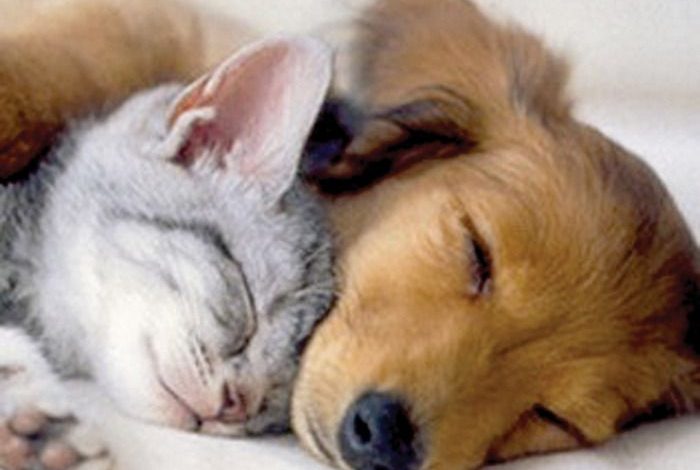

Eye Health
By Dr S.S. Gill
Ipoh Echo’s EYE HEALTH series continues with Consultant Eye Surgeon Dr S.S. GILL talking to us more about SLEEP deprivation.


A deprivation of sleep reduces the ability of the eyes to revive, making them unable to work to their full potential. A shortage of sleep can also worsen symptoms of DRY EYE and a person may experience discomfort, light sensitivity, itching, redness, or even blurred vision sometimes. Another sleep deprivation effect on the eyes are MYOKIMIA which is that involuntary twitch that many suffer from these days that sometimes lasts for weeks.
We spend about one-third of our entire lifetime sleeping. This is not wasted time because from the moment we slip into sleep, a whole cascade of events takes place involving the brain, eyes, immune function, hormones, skin, respiratory system and digestive system.
When we sleep, we go through REM (Rapid Eye Movement) and NREM (Non-Rapid Eye Movement) sleep cycles. The alternating cycle repeats approximately every 90 minutes. NREM takes up about 75% of the total time for sleep and the other 25% is by REM sleep. You can recognise when a person goes into REM sleep when you see the eyes twitch, with quick movements back and forth under the shut eyelids. Both types of sleep are necessary for optimal health.
NREM SLEEP
When a person first falls asleep, he or she goes into the NREM sleep initially. Most of the restoration of the body and eyes occurs during this phase of sleep. The blood pressure drops, breathing slows down, muscles become relaxed, repair of the body including the eyes occurs and hormones like growth hormone is released.
REM SLEEP
Ninety minutes after NREM sleep, a person goes into REM (Rapid Eye Movement) sleep. Most but not all dreams occur in this phase. Our bodies become relaxed and the muscles are turned off. This is the time that there is provision of energy to the brain and body. REM sleep can last from 5 to 30 minutes. REM sleep rejuvenates a person.
Most adults would do well with 7 to 8 hours of sleep a night with an adequate number of NREM and REM phases. Rarely for some, they may only need as few as 5 hours or as many as 10 hours of sleep each day. Whatever it is, make sure you have enough sleep because it is the only time the body and the eyes get rest to undergo repair and detoxification. Even animals need sleep to rejuvenate!


